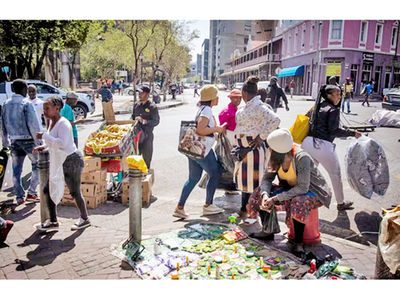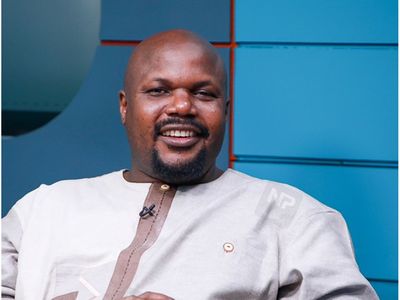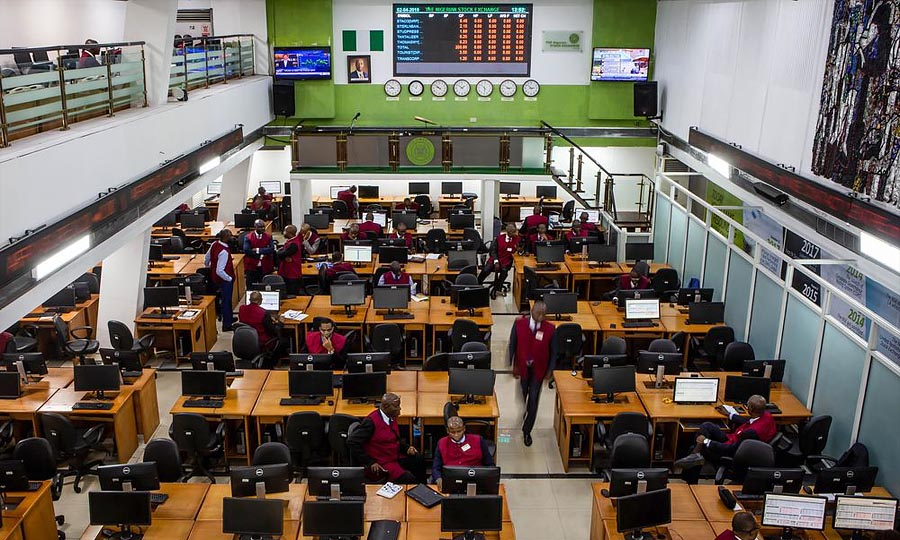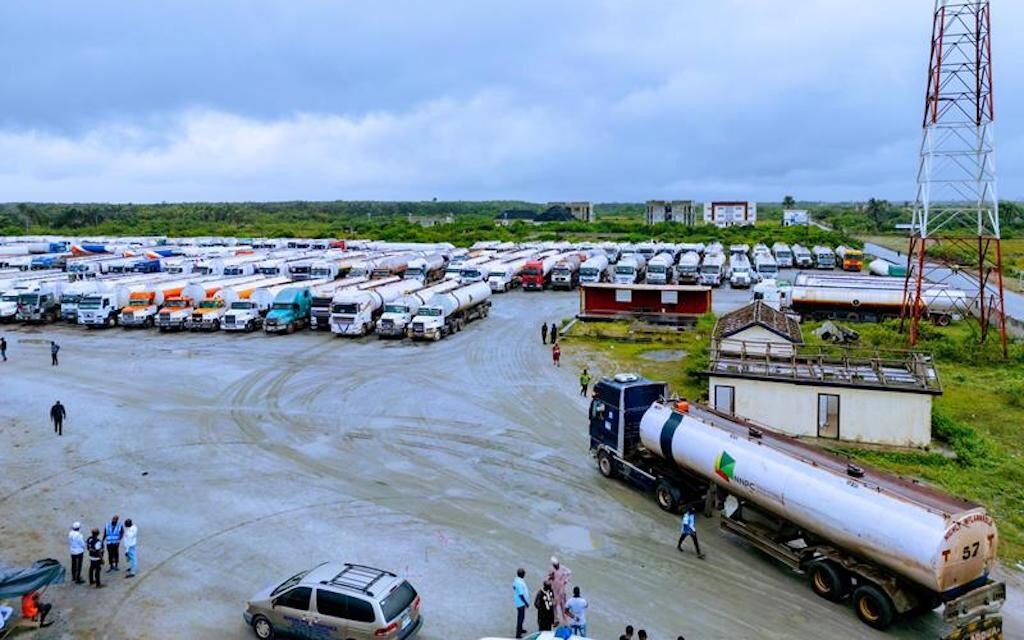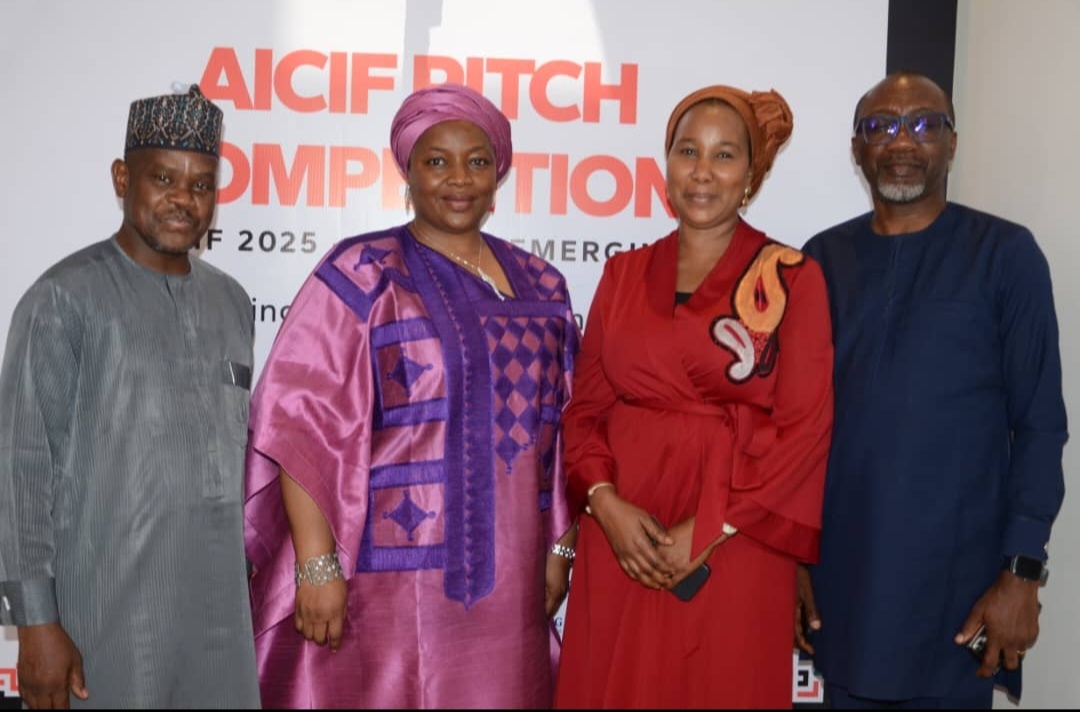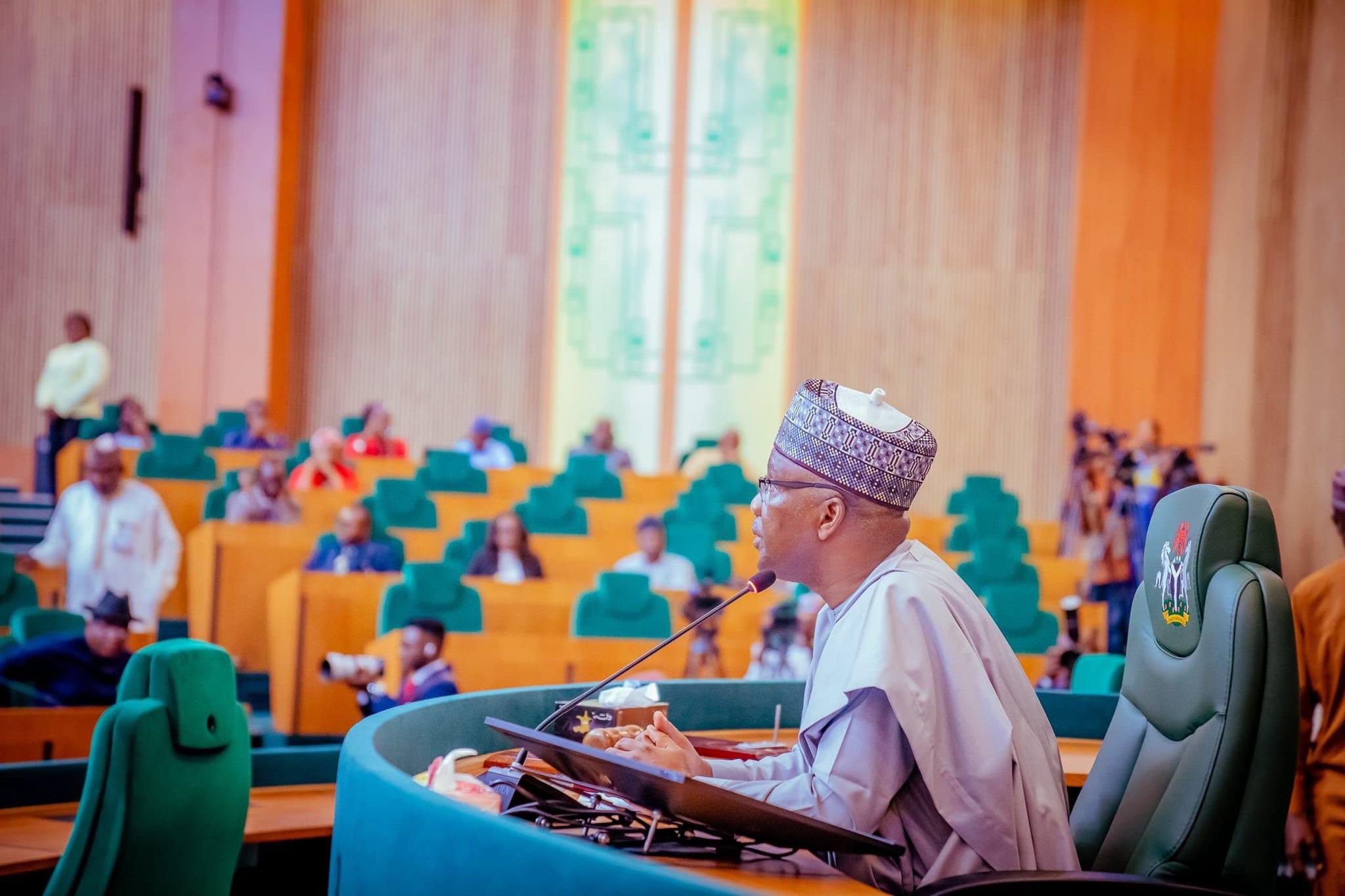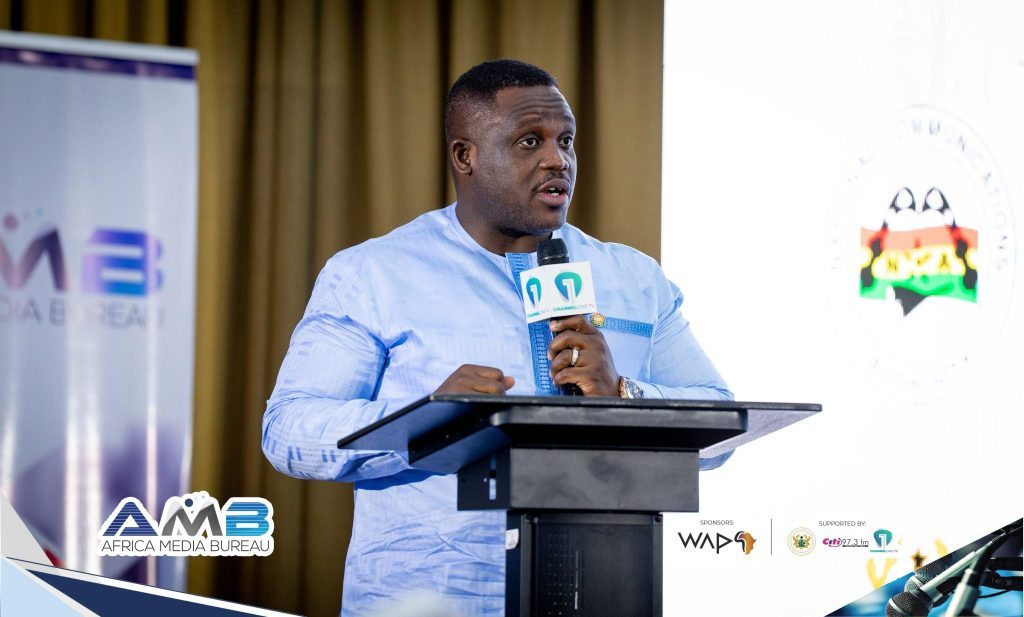
– Charlatans, scammers & indecent content targeted in broadcasting reforms
Minister for Communications and Digitalisation, Samuel Nartey George, has announced a sweeping overhaul of Ghana’s broadcasting policy, promising stronger regulation, new cost-sharing models and technological upgrades to secure a “resilient, forward-looking media landscape”.
Addressing a high-level forum organised by the Africa Media Bureau in Accra, the minister described broadcasting as “a dealer of national cohesion, a driver of innovation and a safeguard of democratic participation”, but warned that technological disruption, economic pressures and weak compliance strain the current system.
Ghana boasts more than 700 FM stations, over 100 television channels and a rapidly growing digital ecosystem. Yet many operators face licence lapses, non-compliance with content standards and spectrum misuse.

The Africa Media Bureau (AMB), in partnership with Channel One TV and Citi FM, organised the forum on Friday, 26th September 2025, on the theme “Broadcasting at the Crossroads: Shaping the Future of Ghana’s Electronic Media.”
The event, which took place at the Alisa Hotel in Accra, was centred on “Aligning Policy, Technology and Global Best Practices for a Resilient Media Landscape.”
It brought together key stakeholders, including policymakers, regulators, media practitioners, and former President John Agyekum Kufuor, to deliberate on the future of broadcasting in Ghana and across Africa.
Speakers addressed critical issues, including the sustainability of Ghana’s Digital Terrestrial Television (DTT) platform, the regulation of new and traditional media, and the need for Africa to reclaim its narrative through a stronger, pan-African media presence.

The event emphasised a shared commitment to safeguarding democracy, promoting responsible journalism, and harnessing technology for the development and integration of the continent’s media landscape.
“Some FM and TV stations remain non-operational years after authorisation has been granted,” George noted, adding “Others face compliance issues that undermine service delivery and public confidence.”
To protect credibility, the ministry and the National Communications Authority (NCA) are auditing licences and monitoring spectrum use.
Stations have been instructed to renew their authorisations 90 days prior to expiry, pay annual fees, and comply with technical regulations; failure to do so will result in closure. “As your presenters hold government to account, you must also be accountable to the regulator. If you are shut down, it is not Sam George; it is you,” he warned.

George highlighted the unsustainable cost of running the Digital Terrestrial Television (DTT) network, which was established in 2016 to provide nationwide coverage.
“The free ride has run out of gas,” he said, revealing that more than 45 stations have paid nothing for a decade while the government shoulders all operational expenses.
He will convene stakeholders to agree on a cost-recovery model so broadcasters contribute to maintenance and expansion.
Artificial intelligence, 5G, automation and hybrid platforms are transforming global broadcasting, and George urged Ghanaian operators to embrace these trends, form partnerships with telecom companies and technology providers, and invest in skills development.
“Our regulatory frameworks must benchmark against the best global practices, safeguarding consumers and fostering innovation while protecting Ghana’s national interests,” he said.
The minister also vowed to drive out “charlatans parading as men of God”, outlaw money-doubling scams and curb pornographic shows masquerading as adult relationship programmes.

“There must be sanity,” he said. “We cannot put today’s profit ahead of tomorrow’s decency.”
While supporting the growth of new media, George insisted that online broadcasters must meet the same ethical and technical standards as traditional outlets.
“It is wholly unacceptable and undemocratic to have different standards for new media broadcasts,” he said. “Once you broadcast, the ethics and standards of the craft must govern your operations.”
George framed the reforms as a collective responsibility. “We must all agree to develop a roadmap together to clean up our airwaves and safeguard the democracy we enjoy,” he added.
Sam George gave the strongest assurance yet that Ghana’s government will not interfere with editorial independence, even as it tightens oversight of the nation’s fast-expanding media sector, drawing a sharp distinction between content creation and broadcast regulation.
“I cannot and will not, as the Minister for the Sector, seek to regulate what media outlets publish. Absolutely not. I will never do that. That is your democratically protected editorial discretion,” he said.
The minister explained that while journalists decide what to say, the state has a duty to regulate how it is transmitted to the public: “What you say is yours, but how you say it is regulated by us.”
George said Ghana’s vibrant press remains a pillar of democracy but must guard against sensationalism and misinformation. He called on newsrooms to “sow the fruits of responsible journalism”, stressing that responsible reporting protects both media credibility and the nation’s democratic stability.
He condemned “shamans parading as men of God”, get-rich-quick schemes and sexually explicit broadcasts, warning that such content undermines public morality and trust.
“Money-doubling and get-rich-quick schemes have no place in our public broadcast. Pornographic and sexually explicit content masquerading as adult relationship shows cannot be allowed to continue soiling the innocence of our national airwaves,” he said.
George reiterated that the government is updating Ghana’s broadcasting framework to reflect “digital convergence”, where radio, television and internet-based broadcasting increasingly overlap. But he insisted that these reforms would not amount to censorship.
“We must work together within the remit of our mandates to ensure the protection and longevity of this democracy,” he said. “You must be responsible in your broadcast, and I must exercise caution in overseeing my regulatory responsibilities.”
By reaffirming editorial freedom while strengthening technical regulation, Sam George said Ghana can preserve a media environment that is “both free and sane”, balancing innovation with public interest.
A former Board Chairman of the Ghana Airports Company Limited, Paul Adom-Otchere, cautioned that Ghana’s broadcasting industry is on the brink of collapse, with an estimated 90% of television and radio stations operating at a loss due to declining advertising revenues.
Adom-Otchere emphasised that monetising local content is the only sustainable path to saving the struggling sector.
“Right now in Ghana, 90% of TV and radio stations are running at a loss because advertising is not working anymore,” he revealed. “The only way to redeem this situation is to have a way in which content can be monetised so that people can earn money from their content.”
He noted that many broadcasters have already turned to digital platforms such as YouTube to generate revenue, as traditional advertising alone is no longer viable.
“Radio and TV stations are opening YouTube channels and putting their content there because that is how they get money,” he explained.
Adom-Otchere urged the NCA and other stakeholders to develop infrastructure and policy interventions that support local content monetisation. Without such measures, he warned, many stations could collapse or risk being captured by political interests.
“It is important that this conversation about monetising local content through the NCA infrastructure is taken very seriously,” he said.
“Otherwise, a lot of these stations are grinding to a halt, and the danger is that they will be overtaken by politicians and politics.”
The post Gov’t to balance media freedom with stricter oversight appeared first on The Herald ghana.

